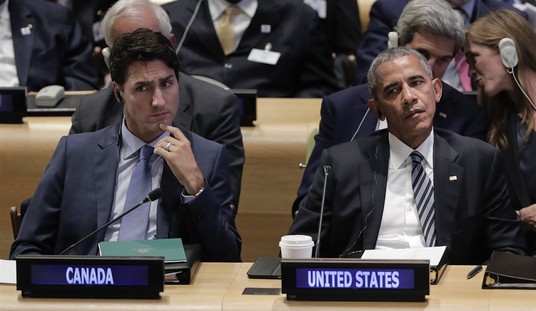Glenn Greenwald is at it again. His latest releases of classified documents provided by Edward Snowden reveal various spy tradecraft, a litany of “dirty tricks,” that agencies might use to get at an intelligence target. These latest revelations only show how far the un-caped crusaders have drifted from their messianic mission of uncovering “wrongdoing” by those who are supposed to be protecting us from wrongdoing.
In part, Greenwald panders to our dark desire to peer into the ugly side of intelligence work. The staring into the seamy side of spy-craft was a cultural fixture of the Cold War, enshrined in iconic films like The Spy Who Came in from the Cold. Released in 1965 when the Cold War was at its coldest, the movie told the story of a British secret agent sent to Communist East Germany to discredit a powerful enemy intelligence officer. With the assistance of an unwitting idealistic, pro-communist girlfriend he engineers a disinformation campaign against the East German operative.
The film was based on a 1963 book by the novelist John le Carre. The author’s real name was David John Moore Cornwell, who worked in British spy agencies in the 1950s and 1960s. There was more than a little real-life tradecraft laced throughout his books.
http://www.youtube.com/watch?v=x_USL1yvnaw
Likewise, early James Bond films like Dr. No (1962) and From Russia with Love (1963) were both brutal and laced with real life spy dirty tricks. It was only as the “swinging sixties” took over that the film series became more cartoonish and obsessed with “gadgets,” technologies that looked more like science fiction than tools that real spies might use.
As the Cold War faded from the front lines of popular culture, our obsession with spies lapsed into parodies like the 1985 comedy Spies Like Us. Dan Aykroyd and Chevy Chase play two incompetent foreign service officers who wind up besting the professional “spies” to outwit the KGB and save the world.
When the twin towers came down, the laughter stopped. After being hammered by the 9/11 Commission for not “connecting the dots” and a “failure of imagination,” strategic intelligence was hardly the subject of jokes. The expectation was that in the future our guys would get the bed guys before the bad guys got us.
But even as Americans expected all the three-letter agencies to ramp up their game, the counter-narrative that they must be abusing that authority became a fixture of post-9/11 pop culture. No film reflected this sentiment better than the 2007 movie Rendition when Jake Gyllenhaal discovers the good guys have mistakenly kidnapped and tortured the wrong guy.
Like many pessimistic post-9/11 films, Rendition got mixed reviews (47 percent rating from Rotten Tomatoes) and garnered a mediocre box office.
Greenwald, Snowden, and Julian Assange have accomplished what Hollywood could not, whipping up a popular following that is out for blood. All three were featured at SXSW in Austin, Texas (the digital version of the Burning Man festival), though of course Snowden and Assange had to appear via video because they are wanted as criminals.
What has been lost in the cheerleading for the likes of WikiLeaks is the distinction between legitimate and appropriate intelligence activities and real abuses of power.
There is no excuse for an abuse of power. But the loss of good intelligence can be just as big a threat to freedom. There has been no greater assault on liberty of late than when Snowden’s protector Putin ordered the invasion of the Crimea. The world would have been far better off if U.S. intelligence had been on top of that one and provided the White House better assessments that might have helped the administration get ahead of the crisis.
The reality of the real world is we need a much more discriminating approach to evaluating the value of intelligence activities than the Assange et. al desire to serve as judge and jury. Their approach to intelligence fear-mongering has produced much heat but little light.
Consider the “value” of Greenwald’s latest revelations. He asserts online intelligence activities are “making the internet an untrustworthy place to be.” On its face that is an audacious claim with all the real malicious actors who are online. Even more, it is an assessment lacking any sense of proportionality, ignoring what good might come of online spying.
The right standard is to insist that intelligence services operate within the law and that their operations are effective–not that they act like nice guys online.










Join the conversation as a VIP Member